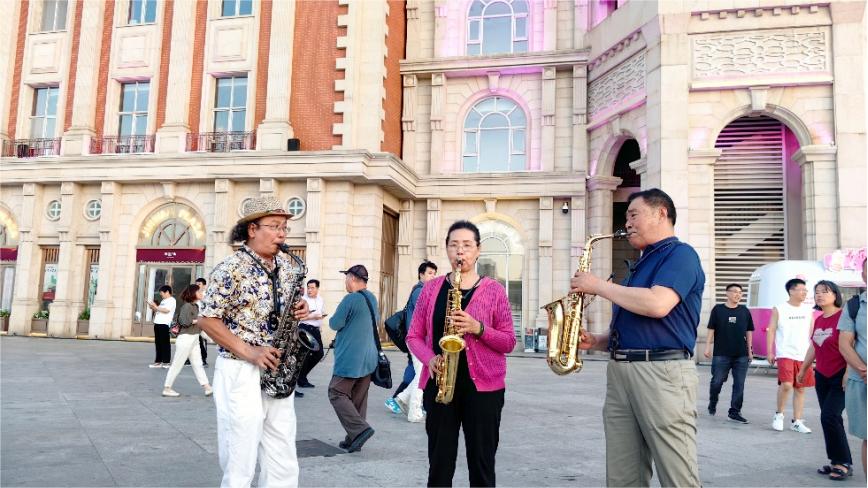Global visitors draw inspiration in poverty alleviation from China's ethnic village
KUNMING, July 1 (Xinhua) -- In Hebian, an ethnic Yao village in southwest China's Yunnan Province, 30 agricultural experts and government officials from 13 Belt and Road countries gained first-hand experience of China's poverty alleviation and rural revitalization efforts.
Seeing the clean and tidy roads and charming antique houses, it's hard to imagine that this was once a village mired in poverty. At one time, most locals lived in dilapidated wooden houses where sometimes people and animals shared the same space.
Things began to change in 2015 when Li Xiaoyun, a professor at the College of Humanities and Development Studies at China Agricultural University, initiated practical research on poverty alleviation and rural development in Hebian with his team, offering valuable suggestions for local development.
Within a few years, the village underwent a tremendous transformation, with the average annual household income reaching nearly 60,000 yuan (about 8,419 U.S. dollars) in 2023.
At a homestay featuring ethnic decorations and modern amenities in the village, visitors were spotted enjoying a comfortable stay while relishing the pristine tropical rainforest scenery.
"The key to Hebian's success lies in the organic connection between poverty alleviation and rural revitalization, as well as the integration of rural modernization into the process of urban modernization," Li explained.
Ivelin Dimitrov Markov, a research associate from the Agricultural University of Plovdiv in Bulgaria, noted that they had come to Hebian to learn from its experiences and practices in rural development.
"It is a remarkable achievement to retain rural characteristics while improving the lives of villagers with modern facilities," said Hadar Kiggundu, an agricultural irrigation engineer from Uganda.
"You can see the joy in their hearts through their smile," said Bashiru Gwandu Shehu, an official of the federal government of Nigeria.
Muhammad Kamran, an official of Pakistan's ministry of agriculture, said that from the beginning to the end of his trip that day, he did not see a single piece of land without forest cover. "It shows the passion of the Chinese people for environment protection."
Kamran enjoys creating social media content and has amassed a following of over 6,000. He shared photos of rural ecological beauty and folk song and dance culture from this trip, which quickly piqued the curiosity of netizens globally. A Pakistani physics professor engaged in research commented that he hopes Kamran can bring China's rural development experiences back to Pakistan.
Many developing countries experience challenges with rural development and modernization so the development experience of Hebian can serve as a valuable reference for such countries, Hadar said.
Wu Yifan, a young scholar from China Agricultural University, said that over 200 experts, scholars and government officials from countries such as Germany, Singapore, the Republic of Korea, Laos, Cambodia, Romania and others have visited Hebian, and the village has become a window for the world to understand China's rural development.
Photos
Related Stories
- Chinese premier stresses consolidating achievements in poverty alleviation
- Lessons from China's poverty alleviation valuable for Africa -- experts
- Chinese vice premier stresses consolidating results of poverty alleviation
- Tibet's anti-poverty achievements lauded at high-profile forum
- Change, hope and future: Chinese children's choir open door to a brighter future in remote mountain village
Copyright © 2024 People's Daily Online. All Rights Reserved.









